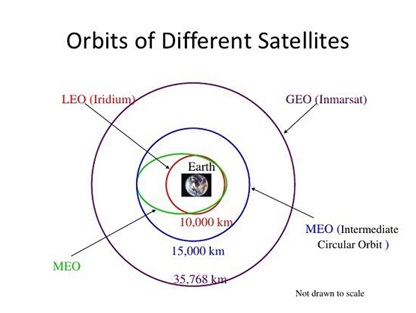Launch of Boeing’s Starliner and NASA’s Commercial Crew Programme
- Posted By
10Pointer
- Categories
Science & Technology
- Published
4th Aug, 2021
-
Context
The launch of Boeing’s unscrewed Starliner Orbital Flight Test-2 (OFT-2) that was supposed to lift off from the Space Launch Complex-41 on Cape Canaveral Space Force Station has been postponed once again.
About NASA recent space programs
CST-100 Starliner
- The Starliner is a spacecraft that is supposed to carry more than 400 pounds of NASA cargo and crew supplies.
- The Starliner has an innovative, weldless structure andis reusable up to 10 times with a six-month turnaround time.
- It features wireless internet and tablet technology for crew interfaces.
- It will take around 24 hours to reach the ISS, after which it will dock.
- The spacecraft can accommodate around seven passengers or a mix of crew and cargo for missions to the low-Earth orbit.
NASA’s Commercial Crew Program
- Objective: To reduce the cost of transportation.
- NASA plans to lower the costs by sharing them with commercial partners such as Boeing and SpaceX.
Significance of commercializing the programs for NASA
- NASA will give incentives to the companies for designing and build the Commercial Orbital Transportation Services (COTS).
- NASA can focus on building spacecraft and rockets that aremeant for deep space exploration missions.
- These integrated spacecraft, rockets, and systems will help in maintaining a space station crew of seven to maximize time dedicated to scientific research on the orbiting laboratory.
Low earth orbit
- A low Earth orbit (LEO) is relatively close to Earth’s surface.
- It is at an altitude of less than 1000 km and could be as low as 160 km above the Earth.
- LEO satellites do not always have to follow a particular path around Earth in the same way and their plane can be tilted.
- This means that there are more available routes for satellites in the LEO, which is one of the reasons why LEO is more commonly used orbit.

|